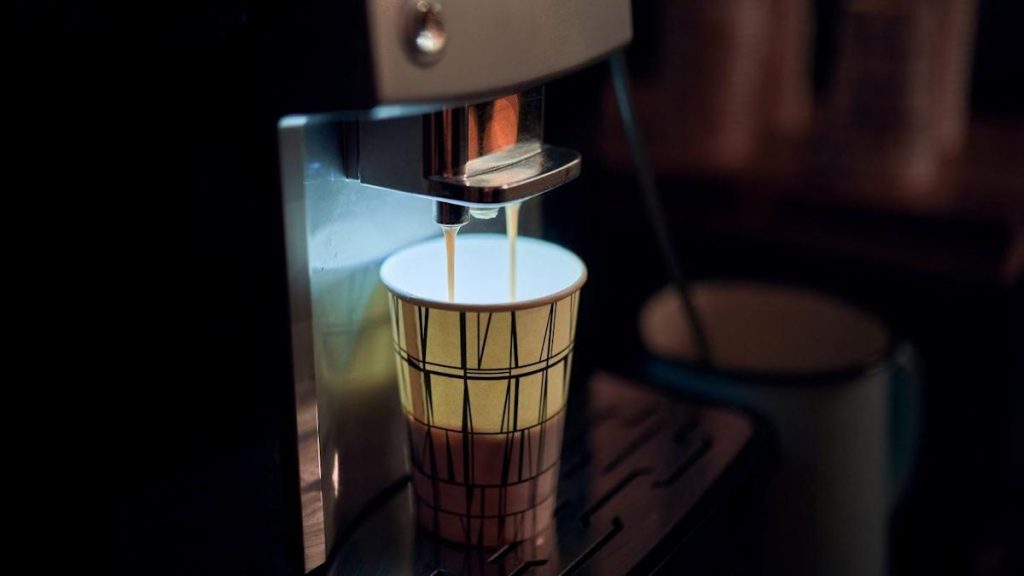
The UK government has called for consultation on proposals to widen the sugar tax on soft drinks and include milk-based drinks.
The Soft Drinks Industry Levy (SDIL), introduced in 2018 as an obesity measure, could expand to cover drinks with a lower sugar content and include milk-based and milk-substitute drinks, which had thus far been exempt.
The consultation lays out proposals “to build on the SDIL’s success in incentivising soft drinks producers to reduce sugar content”, the HM Revenue & Customs and HM Treasury said in a joint statement.
The proposals are: to reduce the minimum sugar content for SDIL to apply at 18p (24c) per litre from 5-7.9g per 100ml to 4g-7.9g per 100ml; to remove the exemption for milk-based drinks while introducing a ‘lactose allowance’ which does not penalise natural sugars from milk; and to remove the exemption for milk substitute drinks with ‘added sugars’ beyond those sugars derived from the principal ingredient such as oats or rice.
At the moment, drinks with a sugar content of 8g or more sugar per 100ml are charged at the higher rate of 24p per litre.
In a statement, a spokesperson for trade association The Food and Drink Federation said: “Food and drink manufacturers are facing a series of inflationary pressures and government must continue to create the right conditions for businesses to innovate and also be clear about their long-term goals to promote business confidence. A predictable regulatory environment is vital to ensuring our sector can continue to invest in developing healthier options.”
Manufacturers had already significantly reduced sugar content in drinks over the past five years, including in milk-based drinks that are not subject to SDIL, the spokesperson added.
The British Soft Drinks Association said the changes were unnecessary. “This decision is a muddled and damaging shifting of the goalposts which risks undermining years of reformulation investment with questionable positive health outcomes. More than seven out of every ten soft drinks sold in the UK are low or no sugar and the total sugar removed from soft drinks between 2015 and 2024 is just under three quarters of a billion kilograms,” a spokesperson said.
The BSDA spokesperson also pointed to “major and unprecedented financial headwinds for our members, from record-high inflation and NIC increases, to spiralling ingredient costs and incoming trade tariffs”.
The spokesperson added: “Such cost increases have already impacted our members’ ability to grow their businesses and boost employment, and the lowering of the SDIL threshold risks making this even more challenging.”
